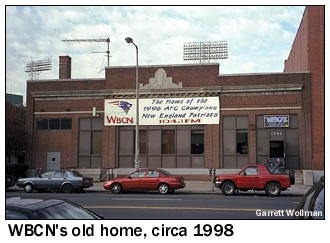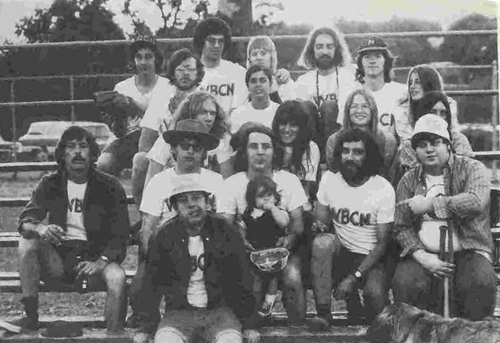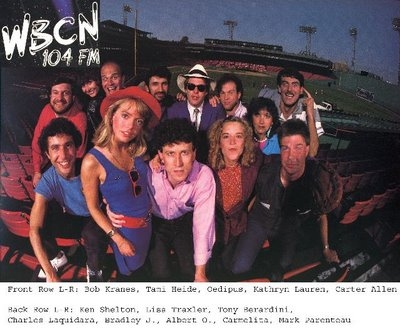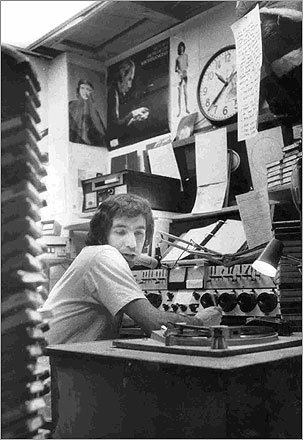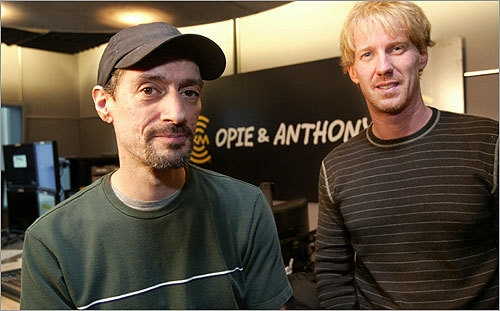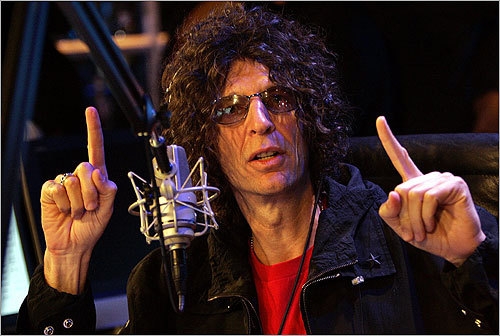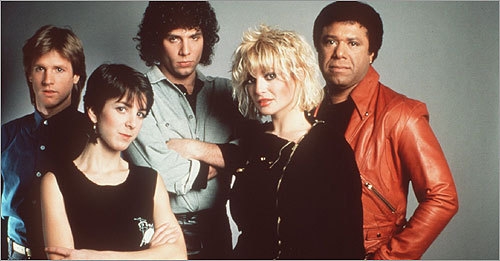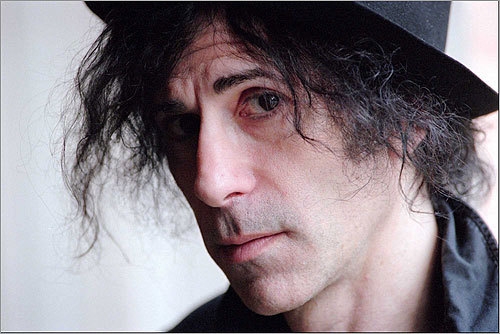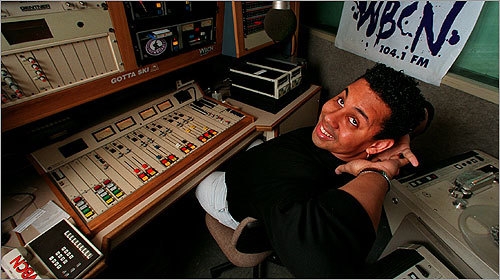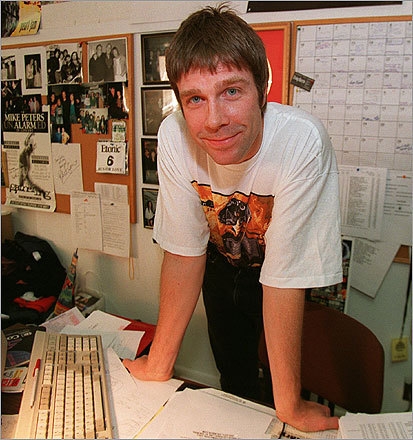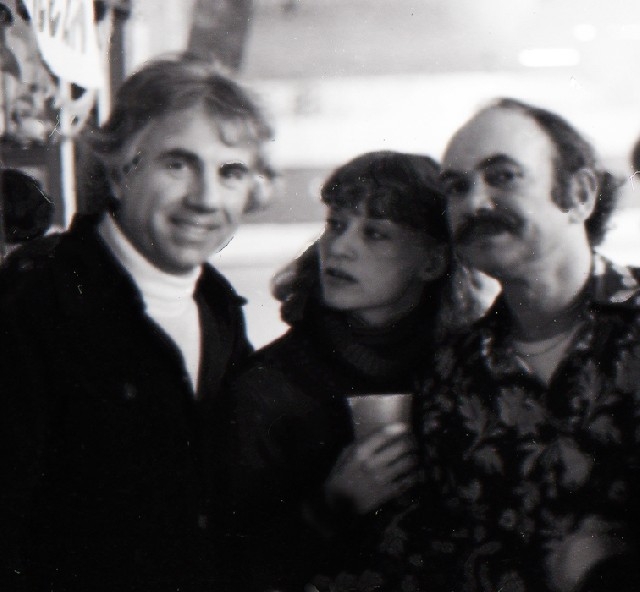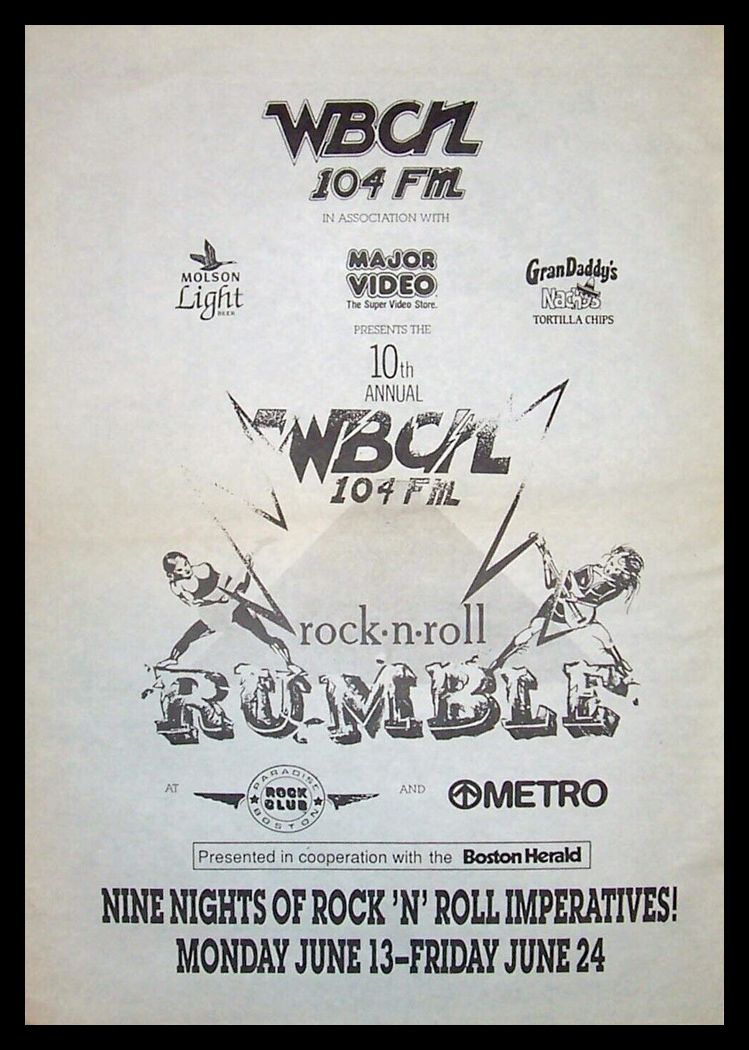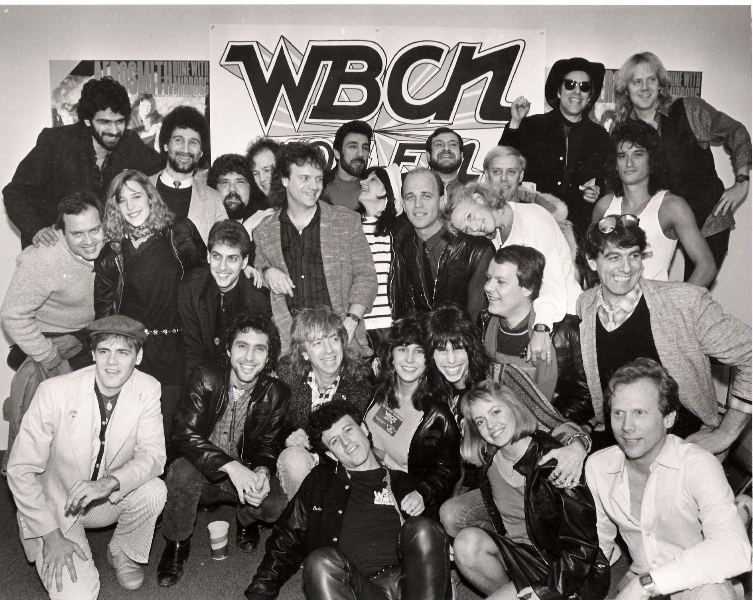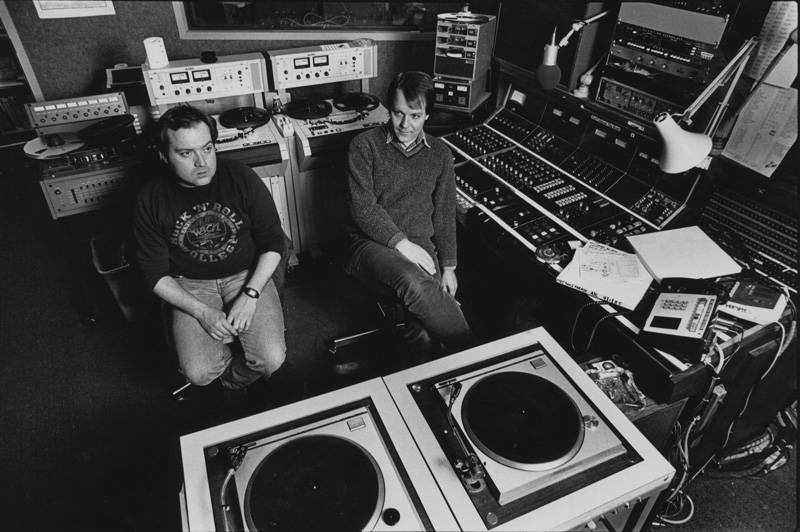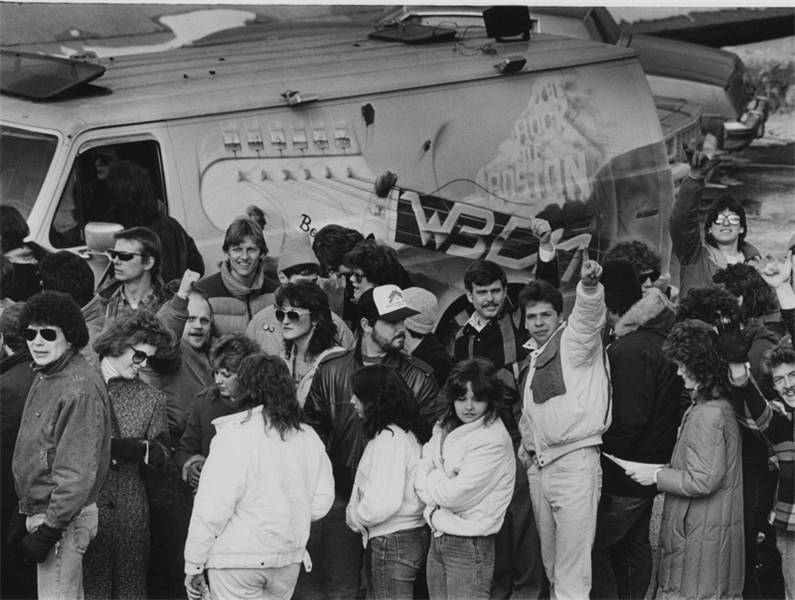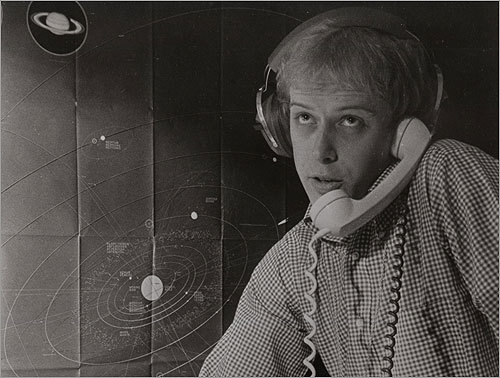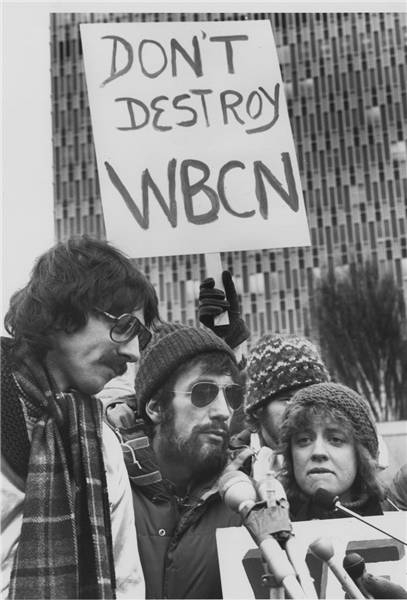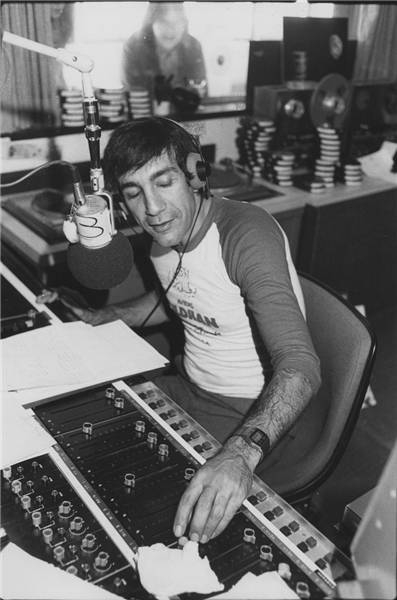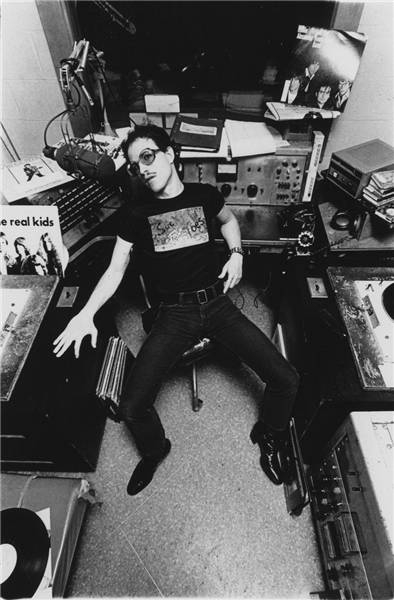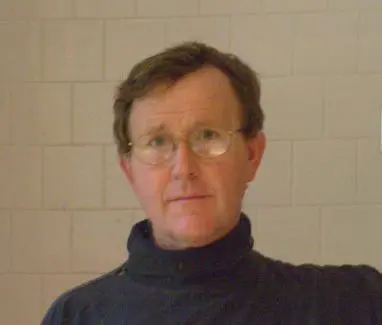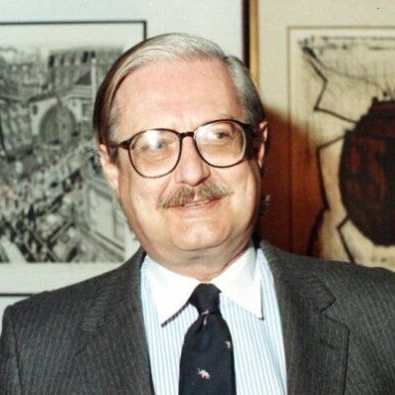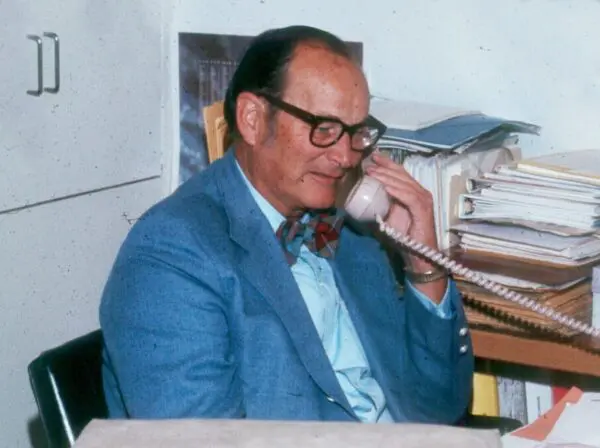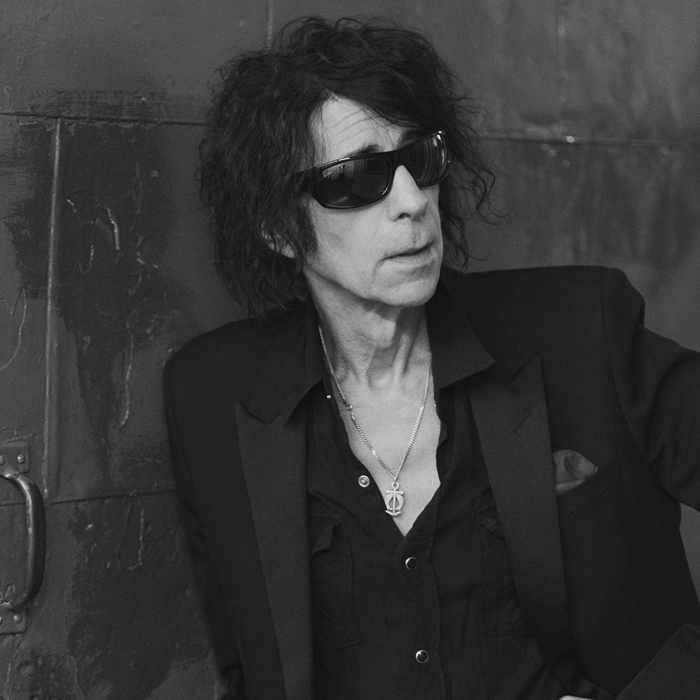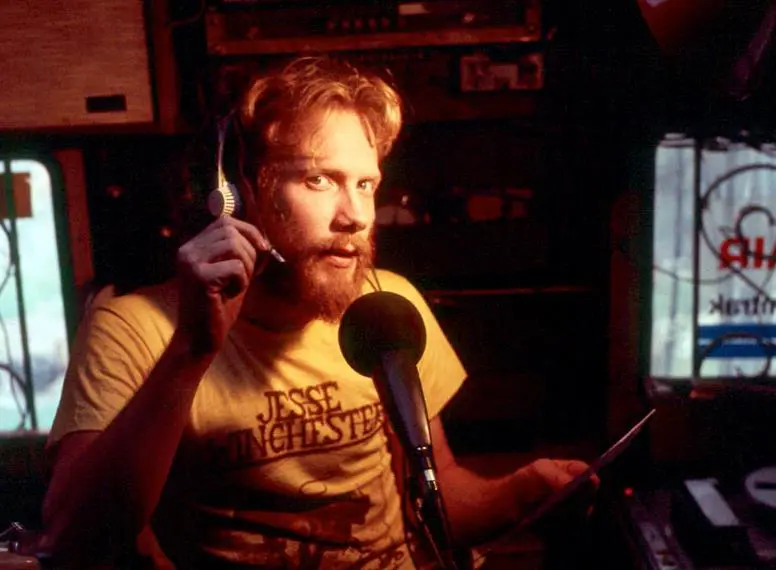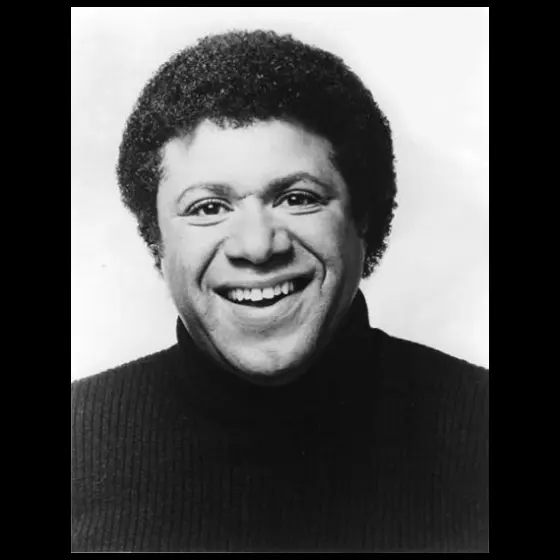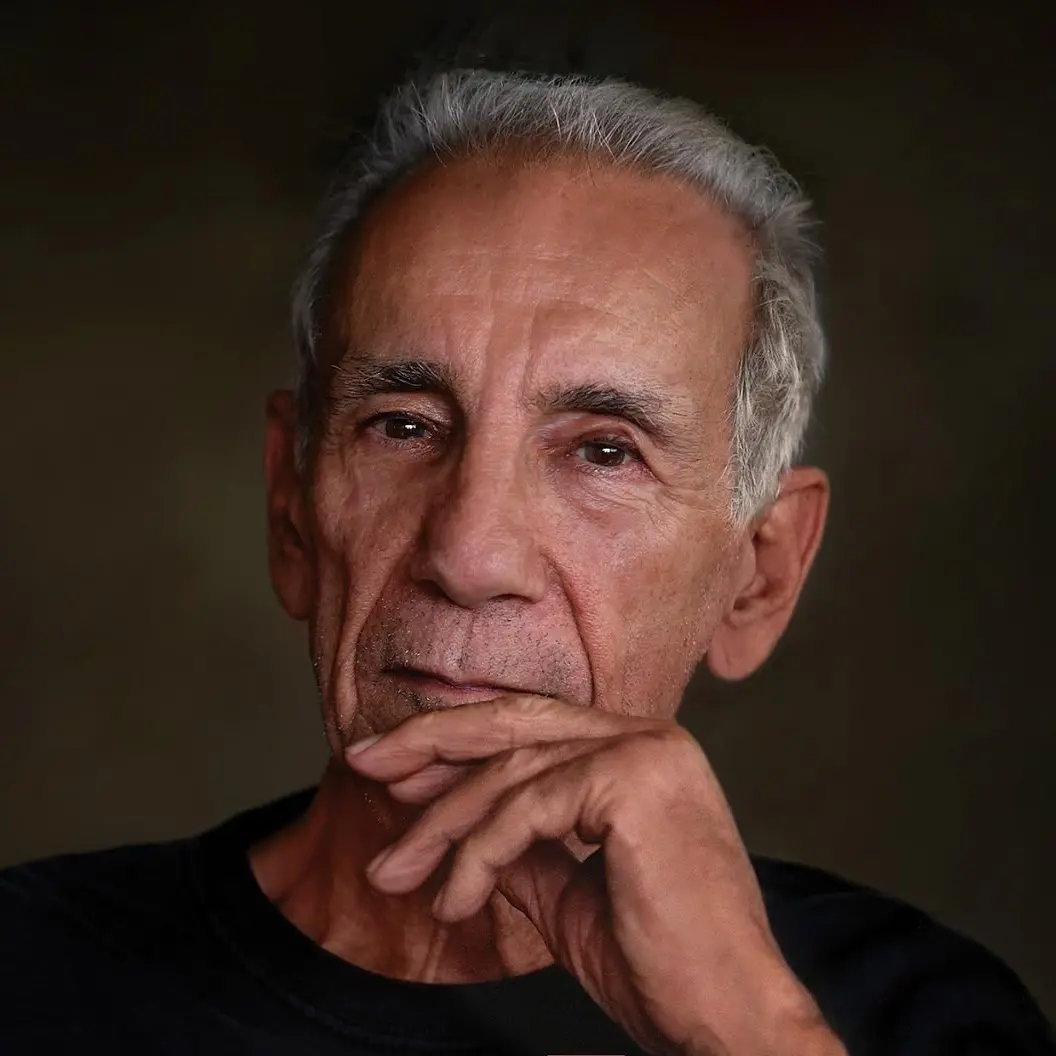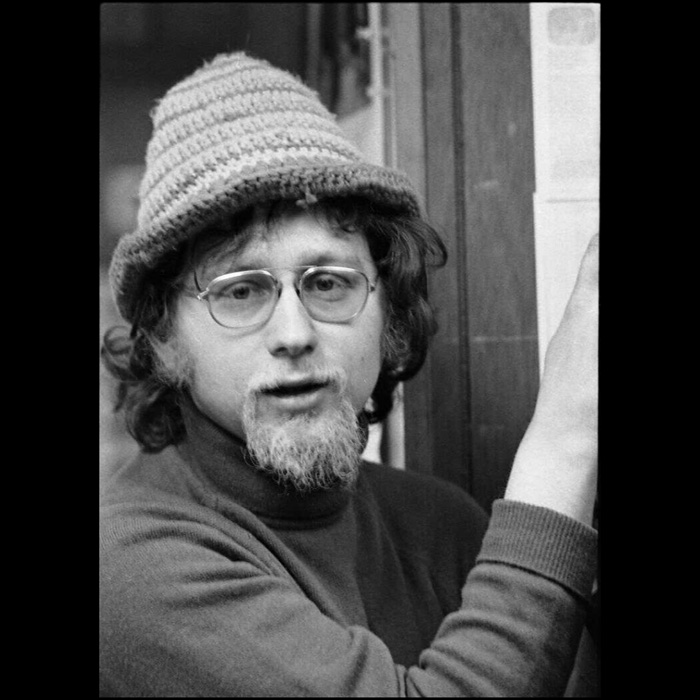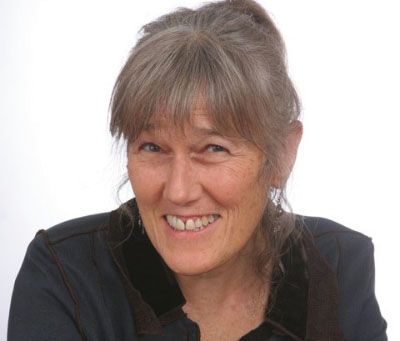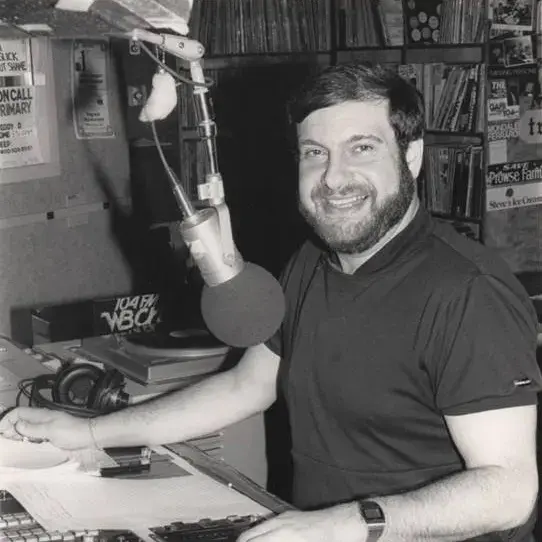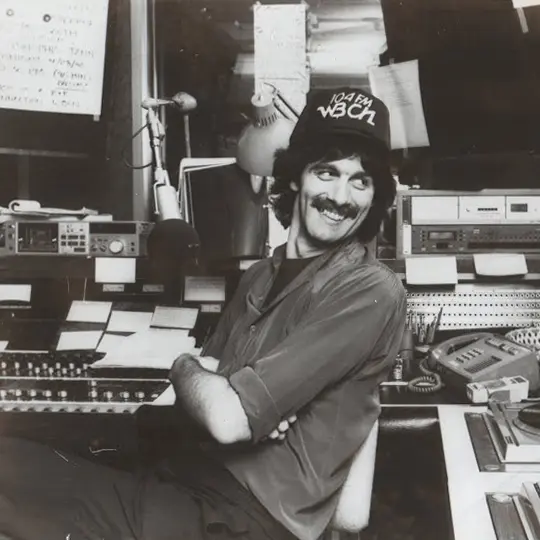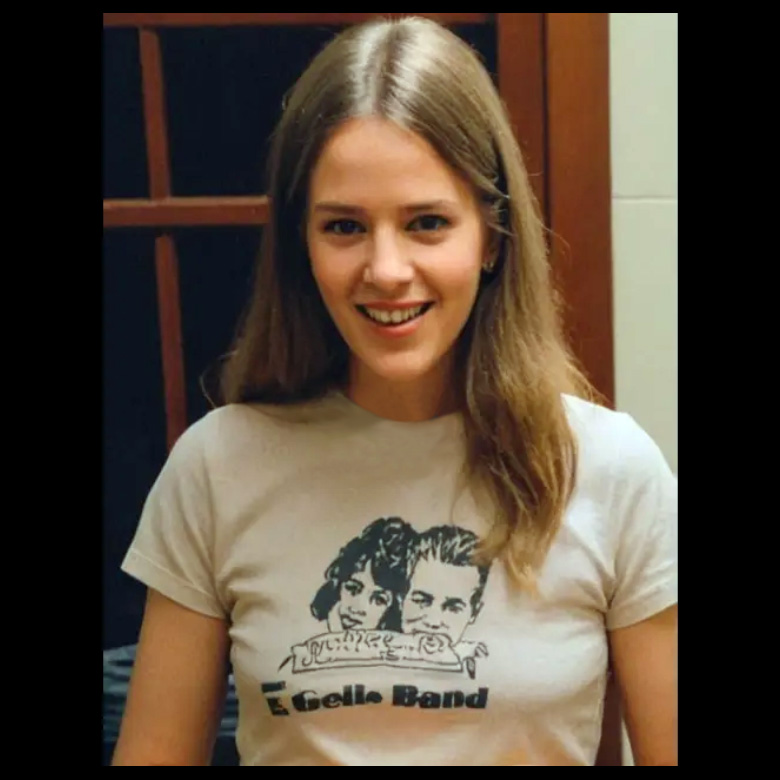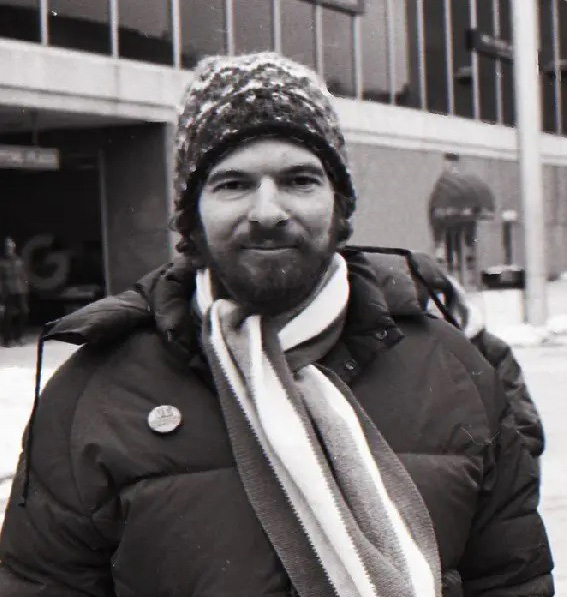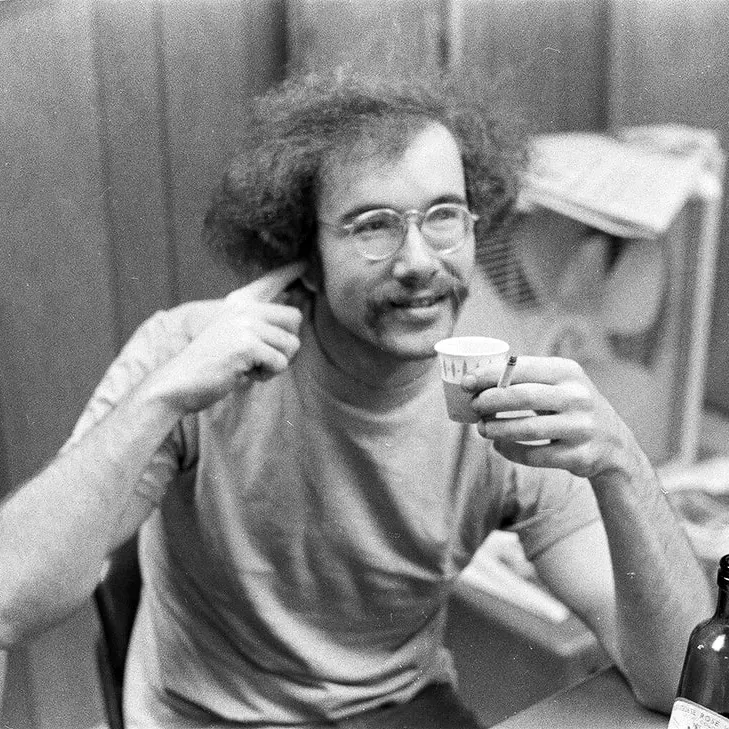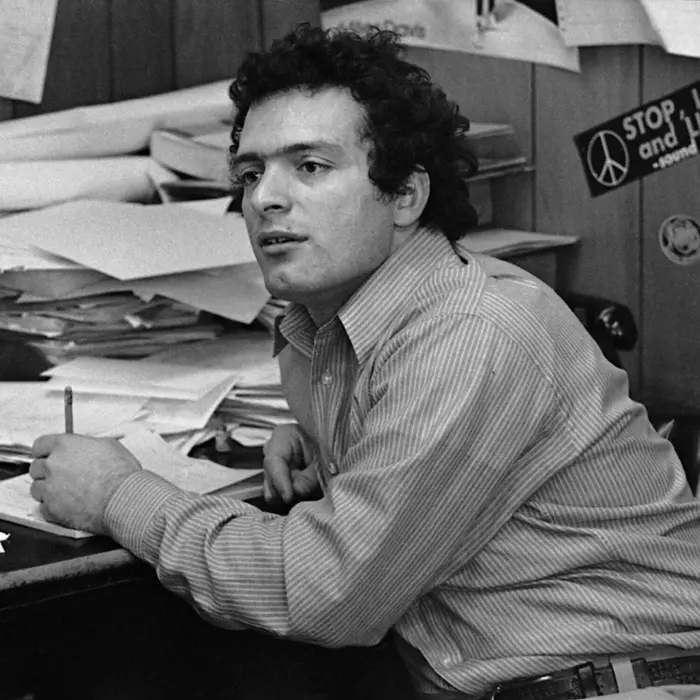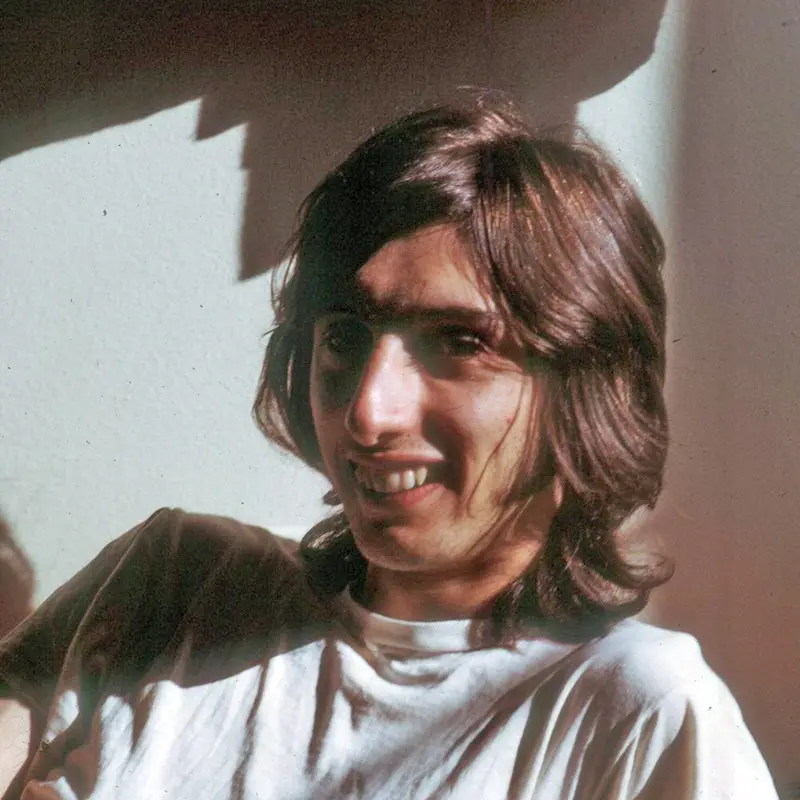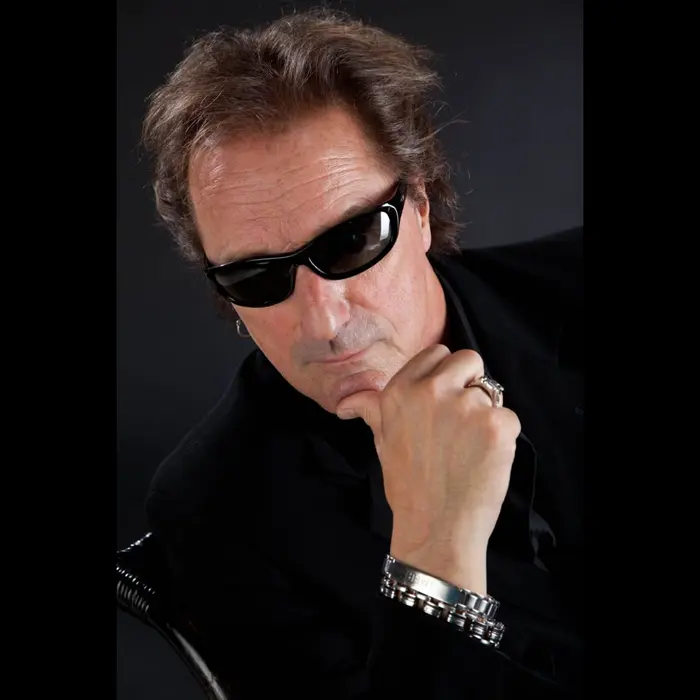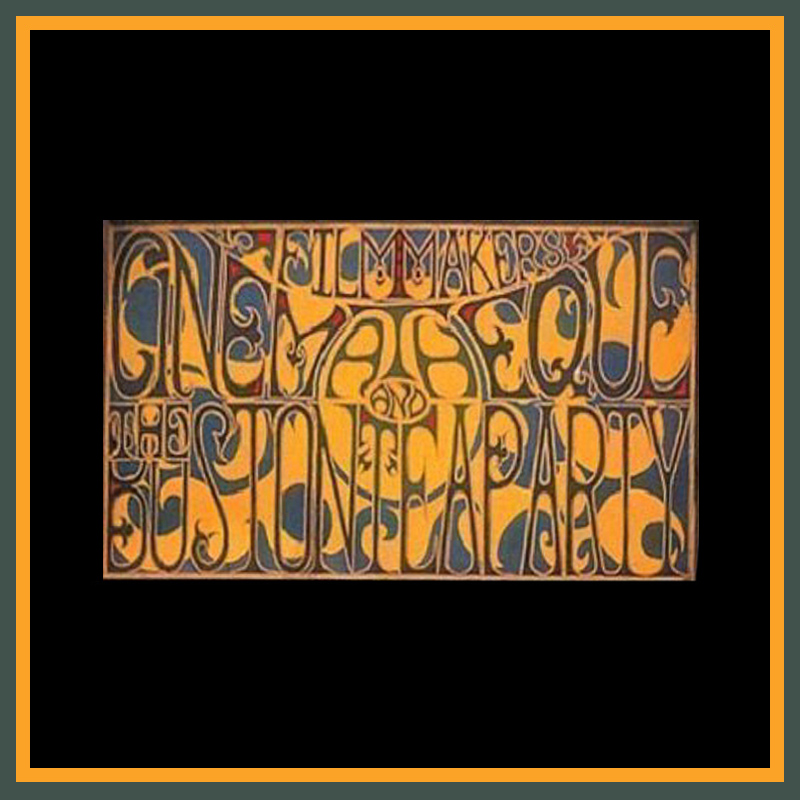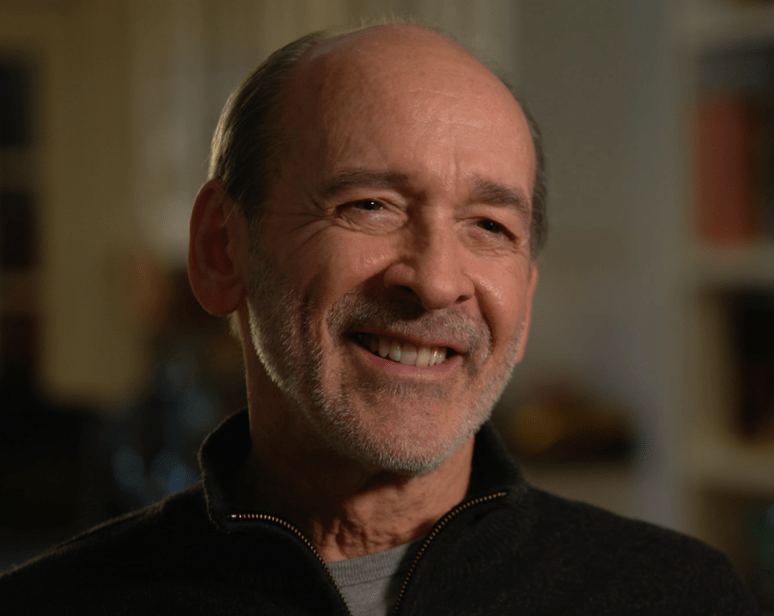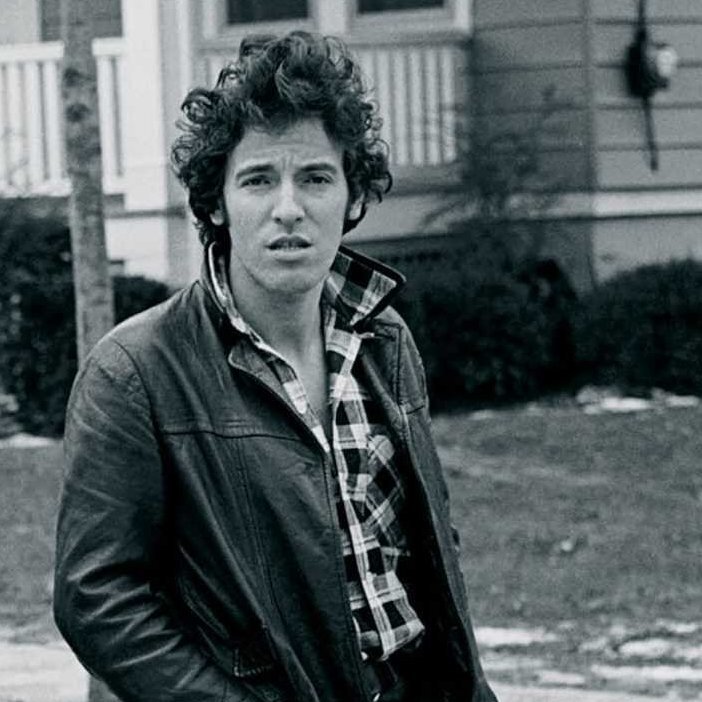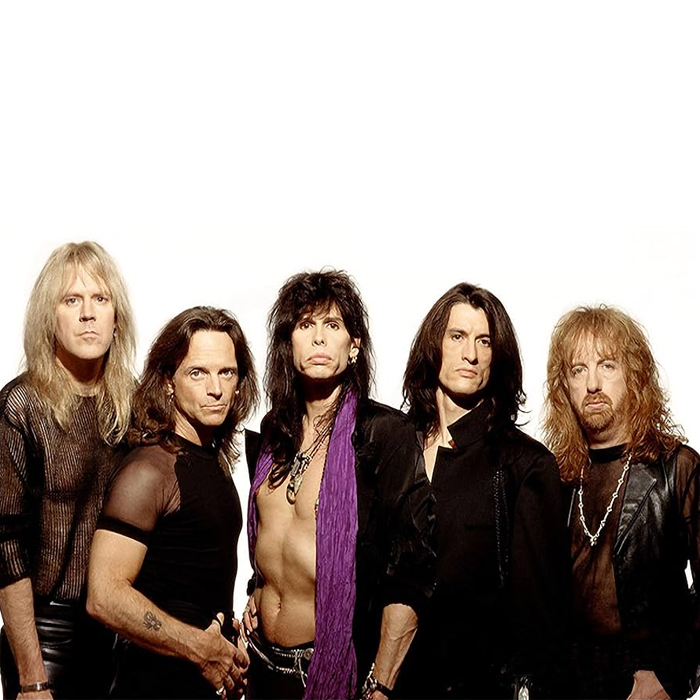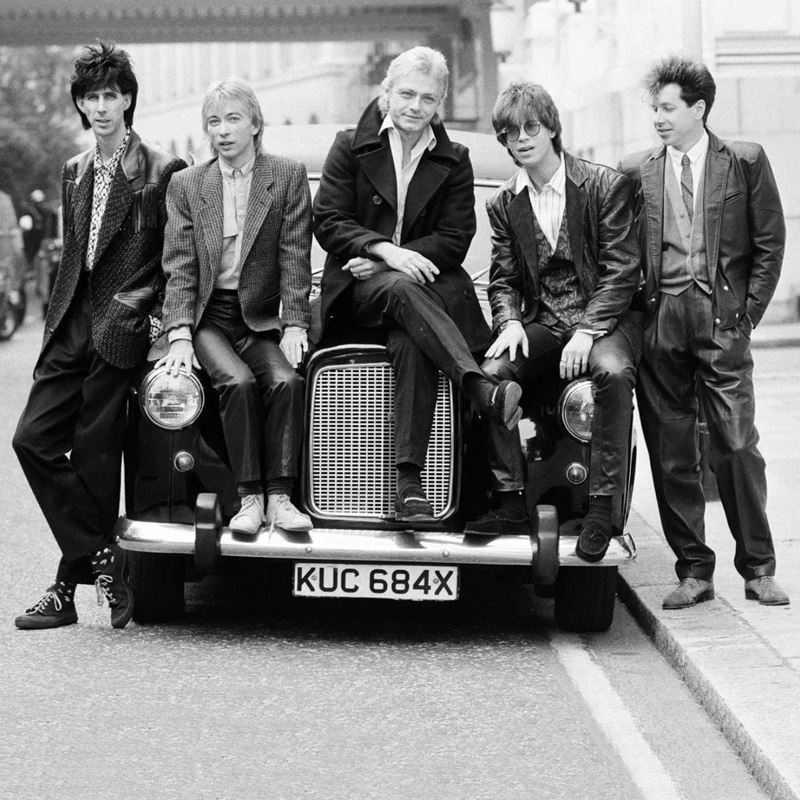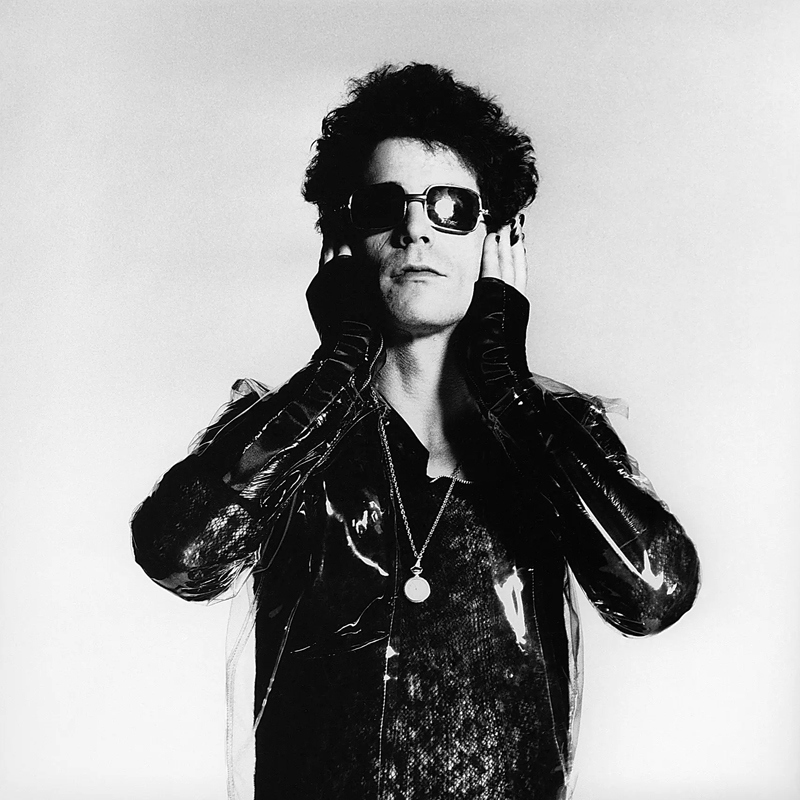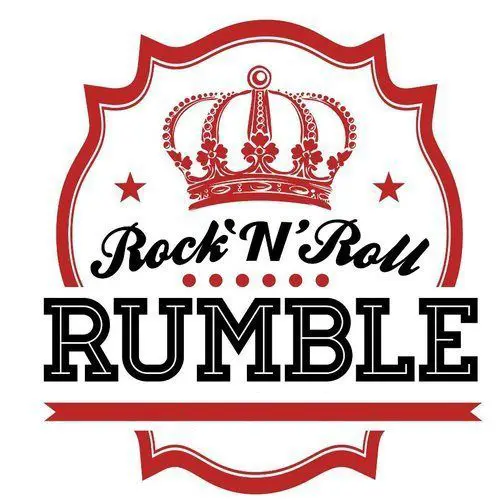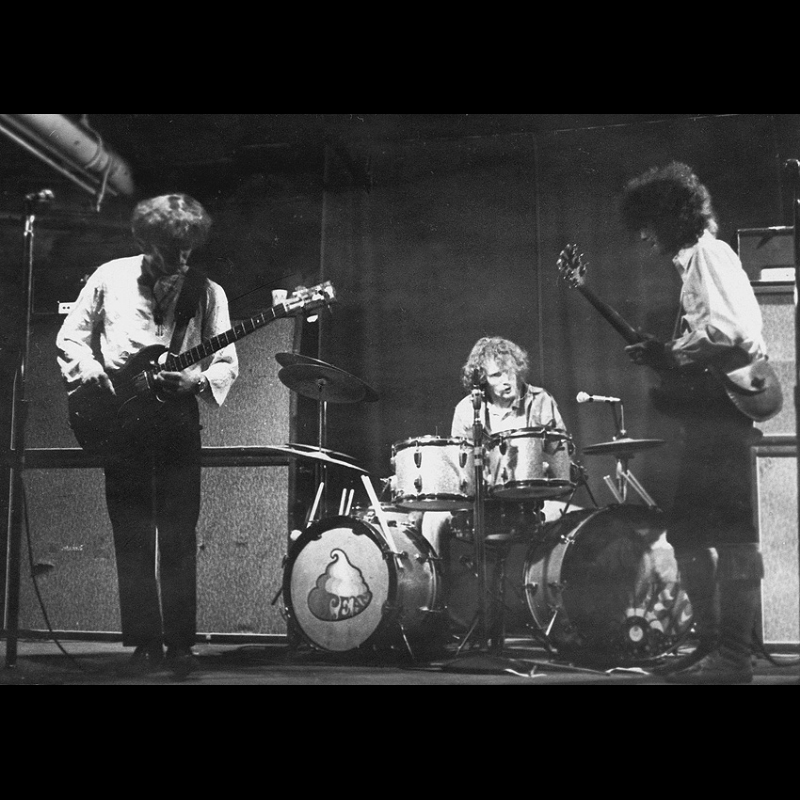WBCN

WBCN, a collective of free-spirited radio pioneers located at 104.1 on the FM dial, launched from the fading grandeur of a classical music station that was rapidly spinning out of business. On the night of March 15, 1968, “Mississippi Harold Wilson” (Joe Rogers) put the needle down on Cream’s “I Feel Free,” declaring FM independence and the beginning of Boston’s underground radio experiment with gusto, cleverly – and very irreverently – referring to it as “The American Revolution.”
Here’s the story behind the story: Boston Tea Party owner Ray Riepen saw that the LPs being played in apartments and dorms weren’t getting any radio airtime, so he persuaded station owner T. Mitchell Hastings to give deejays free rein to play album cuts during an overnight shift to test the scope of the market. The result was nothing short of spectacular, proving that an all-rock format would attract a massive audience – and massive advertising dollars. Soon national record labels and the area’s paisley-and-tie-dye collection of head shops, record emporiums, natural food cafes and waterbed stores clamored so much to run their commercials on ‘BCN’s airwaves that by May Tchaikovsky got the news and rock programming went 24/7. And it stayed that way for over four decades.
FIRST DEEJAYS, “STONER” STYLE, FREEFORM ATTITUDE
The station’s first rock jocks operated out of studios at 171 Newbury Street and included Peter Wolf in his pre-stardom days, Jim Parry, Al Perry, Tommy Hadges, Sam Kopper and Steve Segal. Soon the station moved across town to Stuart Street with J.J. Jackson and Charles Laquidara joining the circle. Except for Wolf’s up-tempo shtick rockin’ the wee hours, a laid-back, “stoner” style prevailed with a free-form attitude toward the music – no restrictions and no playlist. Danny Schechter and others would create a similarly inspired liberal attitude in the news department, connecting WBCN’s community with what they needed to know in a national and local environment that remained openly hostile to the American counterculture.
In time, WBCN’s free-spirited beginnings would retrench as the station moved to the top of the Prudential Tower with its higher overhead (pun intended), and new owners with higher financial expectations arrived along with radio competition. But despite ever-tightening reins on programming, WBCN’s irreverent creativity and openness to new music, young bands and emerging trends would captivate Boston for years.
1980s: “THE ROCK OF BOSTON,” 1990S: CBS/VIACOM ACQUISITION
After a union strike in ‘79, the station went on to achieve its greatest success in the ‘80s, when “The Rock of Boston” was squarely on top of the Boston ratings heap for the entire decade. Names like Bruce Springsteen, Aerosmith, The Cars, U2 and The Clash were made household words while the station actively supported little-known local acts through its annual Rock ‘n’ Roll Rumble and the burgeoning comedy scene with the Comedy Riot competition.
As the ‘90s beckoned, WBCN’s taste for fresh sounds placed it in the so-called “alternative music” format, but rapid changes began to sap its vital energy. Following the Telecommunications Act of 1996, which relaxed ownership rules for media, the station became just one small part of a vast empire at CBS/Viacom. The arrival of shock-jock Howard Stern’s syndicated show to mornings that same year transformed the station into a schizophrenic entity, with community-based concern and music vs. callous commercialism and coarse talk.
2000S: RATINGS NOSEDIVE, CLOSING
In the new century, with older listeners leaving in droves and loyalty among younger ones harder to retain with competition from alternate media such as iPods, the Internet and free music sites like Napster, ratings took a nosedive. A formerly bulletproof radio property became riddled with shots from multiple angle and CBS stemmed the bleeding by shuttering WBCN on August 12, 2009. But the call-letters WBCN and the station’s 40-plus years of rich history remain a legendary part of Boston’s – and America’s – radio story. And that will never change.
In 2019, PBS broadcast a new two-hour documentary, WBCN and The American Revolution, which chronicles the station from 1968 to 1974 and examines its role in both covering and promoting the dramatic social, political and cultural changes that took place during that era. The film was produced and directed by Bill Lichtenstein with the Peabody Award-winning Lichtenstein Creative Media. Among the artists who appear in the film are Lou Reed, Patti Smith, Jerry Garcia, David Bowie and James Montgomery along with a number of former ‘BCN staff.

